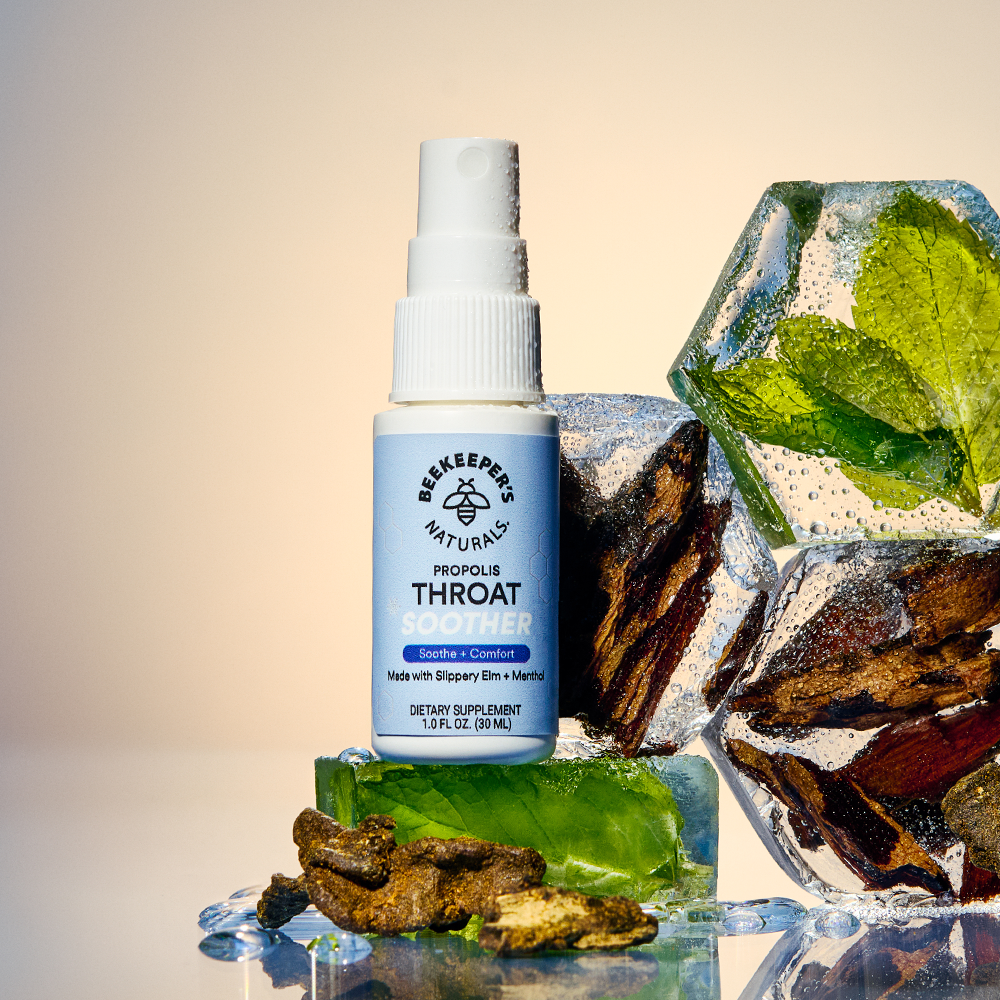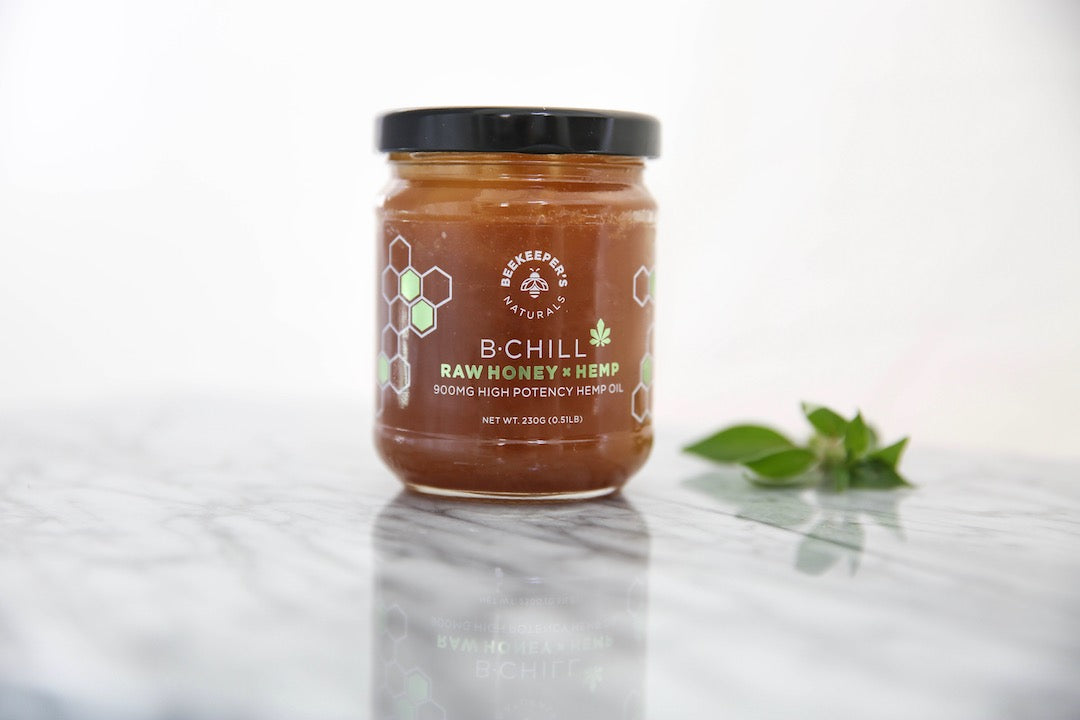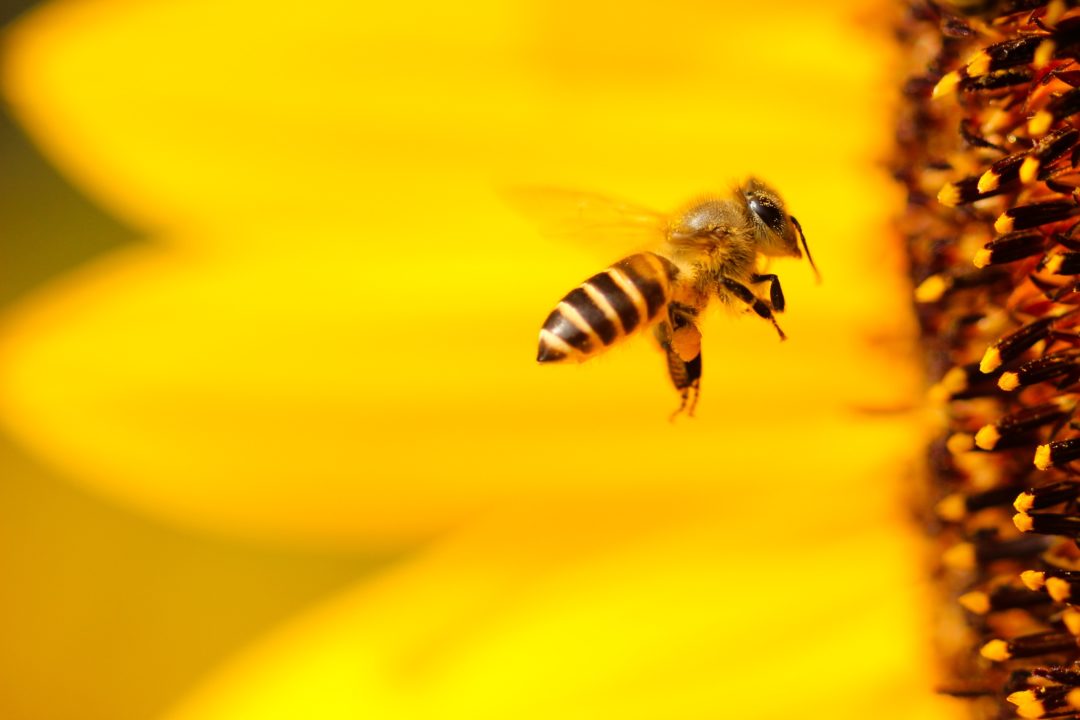It’s no secret anymore--the plight of the honey industry has hit the mainstream.
If you haven’t seen Netflix’s provocative new series, Rotten, which uncovers the corruption inherent in our modern food industry, consider this a formal recommendation. Why are we so sweet on it? Because the very first episode is all about the adulteration of--you guessed it--honey.
The sad fact is, American honeybee populations decline by 30 to 50 percent every year due to devastating issues like colony collapse and habitat loss. It should come as no surprise that American honey production has taken a similar downturn. And yet, consumer demand for these products continues to skyrocket as stores are selling more honey than ever.
Hold up. Less bees but more honey? Did someone forget to carry a 1?
The simple math is that American beekeepers don’t produce nearly enough honey to go around, which is why the US imports hundreds of millions of pounds of the sweet stuff each year. But this is where we encounter another massive threat to the honey industry--honey adulteration, and it’s more pervasive than you think.
Unfortunately, 75 percent of the honey sold in your supermarket has likely been adulterated.
Let that sink in for a minute. The majority of honey sold in supermarkets is fake. Think about all those golden jars of clover, wildflower, orange blossom and even manuka. Three out of four of them are frauds. (Sorry, Pooh Bear.)
Honey adulteration is one of the greatest scams in the modern food industry, and it’s more complicated than you’d think. Here’s a rundown of the sneakiest ways this beautiful bee product is irreparably tainted:
1. Tainting with cheaper sweeteners.
What’s the easiest way to make a lot more money off of quality bee products? Cut it with cheap, processed sweeteners like cane sugar, high fructose corn syrup, and rice syrup. Yuck. Some honey is also cut with water or fillers like starch to give it a more "pleasing" texture, then pasteurized to prevent the natural crystallization process. While truly raw honey is a thick, viscous product that crystallizes naturally, Americans have been tricked into expecting a smooth, free-flowing, golden liquid that is free of specks and imperfections (and nutrition). Most of the time, this is not real, pure honey. It's an unhealthy honey-sugar blend.2. Honey laundering.
The Chinese are notorious for their highly adulterated honey. (They've been at it since the 1970s.) Not only is it often cut with cheap sugars, but it is also sometimes contaminated with toxic lead and illegal animal antibiotics like chloramphenicol (which is banned from food use in the US because of its small yet serious risk of fatality). Additionally, Chinese honey is incredibly cheap, due to its poor quality, meaning Chinese honey imports were putting American beekeepers out of business due to unfair pricing practices. In a smart move, the US government effectively banned all Chinese honey imports with steep tariffs, but this illicit syrup still manages to flood into the US market.
How? There's a laundering scheme. Foreign exporters will go above and beyond to pass off banned Chinese honey as originating from another source. All they have to do is filter out the pollen (more on that later), fake the documentation, and even mix in a non-Chinese pollen (like Indian or Vietnamese) to complete the scam. And while the US government is trying to crack down on these launderers, it can be a real challenge, depending on how severely the honey has been adulterated and how well the documentation has been faked.
And it’s not just the stuff that comes in little plastic bears you need to worry about. Even prized single-origin honeys like manuka aren’t all they are cracked up to be. In 2014, an investigation in the UK found only 1 out of the 7 brands found in supermarkets was authentic and pure.
3. (Sneaky) pollen removal.
Ultra-filtration is one of the most widespread practices in honey adulteration. To fool importers, launderers will heat and force honey through super fine filters to remove all traces of the pollen from their product. Pollen is like the fingerprint of a honey; each origin is unique. Without any identifiable pollen, honey is nearly impossible to definitively trace, meaning honey from red flag origins can cross international borders with relative ease. Plus, when exporters use ultra-filtration, honey also loses its healthful properties. It becomes a fructose-rich sugar syrup.4. Adulteration from the source.
Here is something that disturbs us to our core. Some beekeepers, to make greater profits, strip their hives of all honey and feed their bees high-fructose corn syrup. Traditionally, beekeeping revolves around knowing how much honey to leave behind for the bees to remain healthy and happy. But replacing their hard-earned food stash with corn syrup? It doesn’t take a genius to figure out that any honey created on a junk food diet is going to be junk itself. This, along with other unsustainable beekeeping practices, puts honeybees in real danger.
Why haven’t we stopped honey adulteration?
Seriously, how aren’t we more on top of this? At the very least, shouldn’t we impose stricter regulations?
Well, that’s the problem. The honey industry has a standard of regulations, but they are very loosely enforced. Yes, the FDA did rule that any honey stripped of its pollen can no longer be called "honey". But, in a hands-off approach, the FDA is estimated to only actually test 5 percent of imports. They don’t actively check shipments for adulterated product. The voluntary enforcement responsibility falls on the importer and manufacturer, which is both costly and complex. In other words, the government isn’t being effectual in the fight against future adulteration.
Honey adulteration is hurting the consumer. It’s hurting bees. And it’s really hurting North American beekeepers. Beekeepers on our home turf cannot match the super low price points commanded by these massive, deceptive importers. As a result, many consumers buy the cheap, adulterated product at the supermarket while honest beekeepers struggle to make a profit.
It’s not all doom and gloom, though. There are people out there who are working to change the honey industry *coughcough* and save the bees. But it's important to keep yourself in the know. Buff your knowledge on honey adulteration by checking out the premiere episode of Rotten on Netflix. They do a great job of breaking down this complex subject and highlighting the corruption inherent in our broken food system.
In the meantime, be a scrupulous consumer. Avoid anything that smells a little, ahem, rotten.







